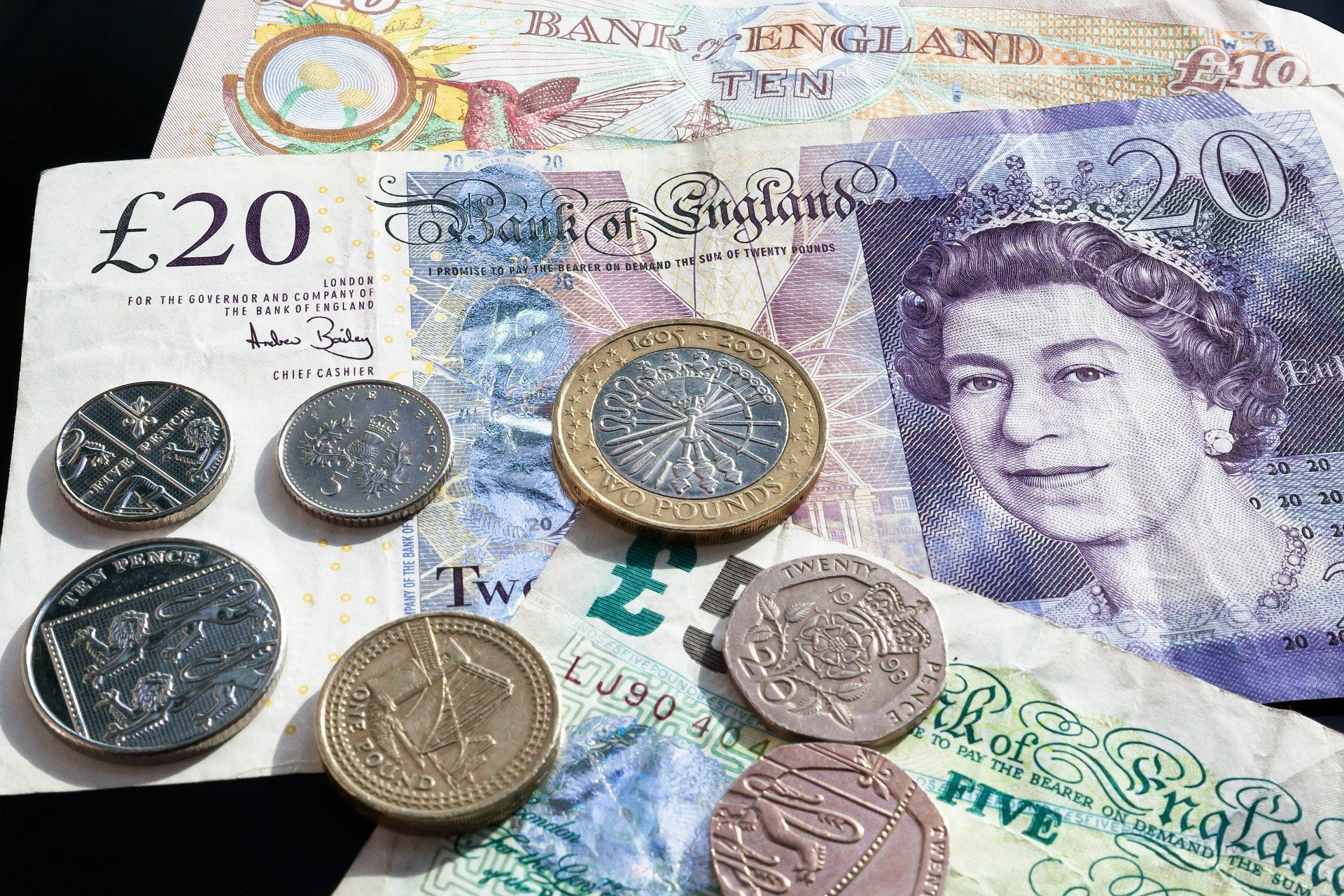Valuing an Estate – How does an Executor do this? When someone dies, it is important for an executor to complete the administration of an estate as part of the probate process by, among other things, valuing an Estate. Laura Richardson explains how an executor goes about this process . . .
An Executor is responsible for valuing an Estate as part of the process of applying for the Grant of Probate. This can be a lengthy process, especially if the deceased did not keep up to date records of their financial affairs. There are three main areas which you, as Executor, will need to investigate in order to fulfil your legal responsibilities of reporting an accurate record of the deceased’s Estate’s total worth.
- Total Assets
Your initial task will usually be to value the deceased’s assets, including all financial assets, property and belongings and calculate their market worth at the date of death. When it comes to valuing property, stocks or shares, and valuables such as art or jewellery, it is advisable to consult with a professional in order to ensure that your valuations are accurate.
- Gifts made in the seven years prior to death
In some cases, if the deceased made gifts of money, belongings, or property in the seven years leading up to their death, these may need to be included when valuing an Estate. Many gifts are exempt and a full list of exempt gifts can be found at www.gov.uk/inheritance-tax/gifts. As Executor, you should make all reasonable efforts to determine if any gifts need to be included by examining bank statements and questioning friends or relatives as necessary.
- Offsetting debt
You should deduct any debts that the deceased had accrued from valuing an Estate. Debt can include mortgages, utility bills, credit card debt, loans and other outstanding bills for services or goods received. You can also deduct funeral expenses. However, you should not deduct the cost of any professional services that are paid for in order to process the deceased’s Estate. These can be claimed back from the Estate after Inheritance Tax is calculated and paid, but cannot be used to affect the Inheritance Tax calculations.
Once you have finished valuing an Estate and deducted any applicable debts, you can now assess whether the Estate will need to pay any Inheritance Tax. Again, further information can be found at www.gov.uk/inheritance-tax.co.uk. It is important to be aware that the role of Executor carries strict legal responsibilities and therefore if you are in any doubt about how to fulfill the role of Executor, it is advisable to consult a suitably qualified and experienced legal advisor, such as at Andrew Douglas Wills & Legal Services. At Andrew Douglas Wills & Legal Services we offer a free initial consultation in which to discuss your concerns, following which we can advise throughout the Probate process, or even assume the role of Executor on your behalf to help with things like valuing an Estate. For all enquiries, whether in Braintree or the surrounding areas of Essex, call today!
If you would like to keep up with our latest posts and advice about estate planning through the regular advice that we provide to our clients in this regard, then please also feel free to –
Follow us on Twitter at https://twitter.com/ADouglasWills.
Follow us on Facebook at https://www.facebook.com/AndrewDouglasWills.





